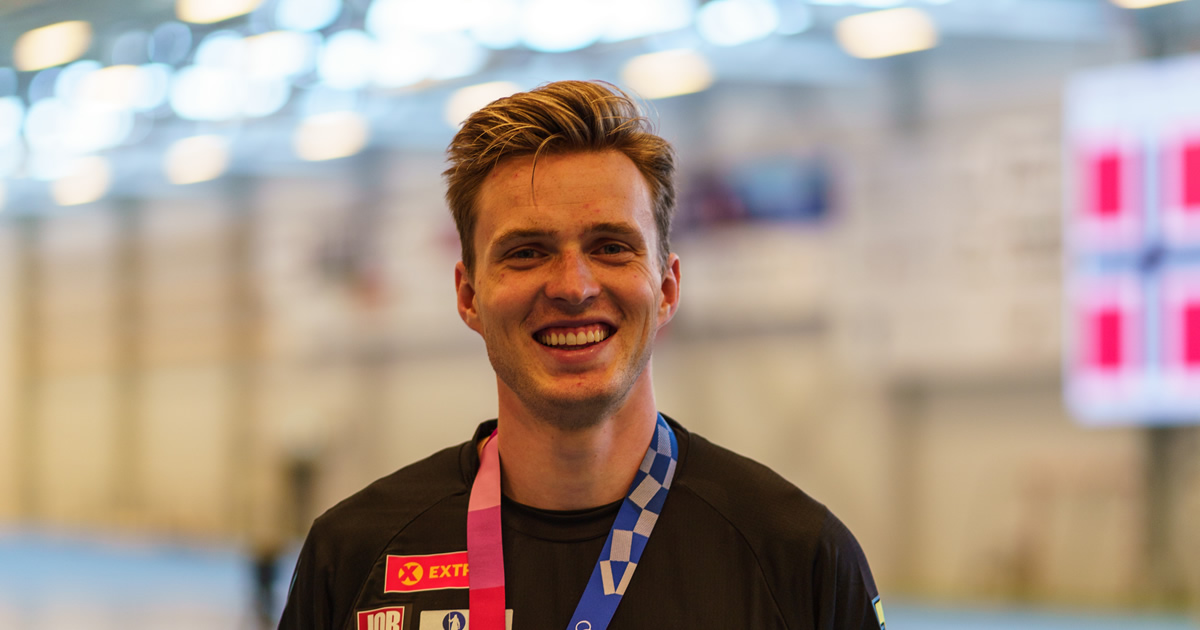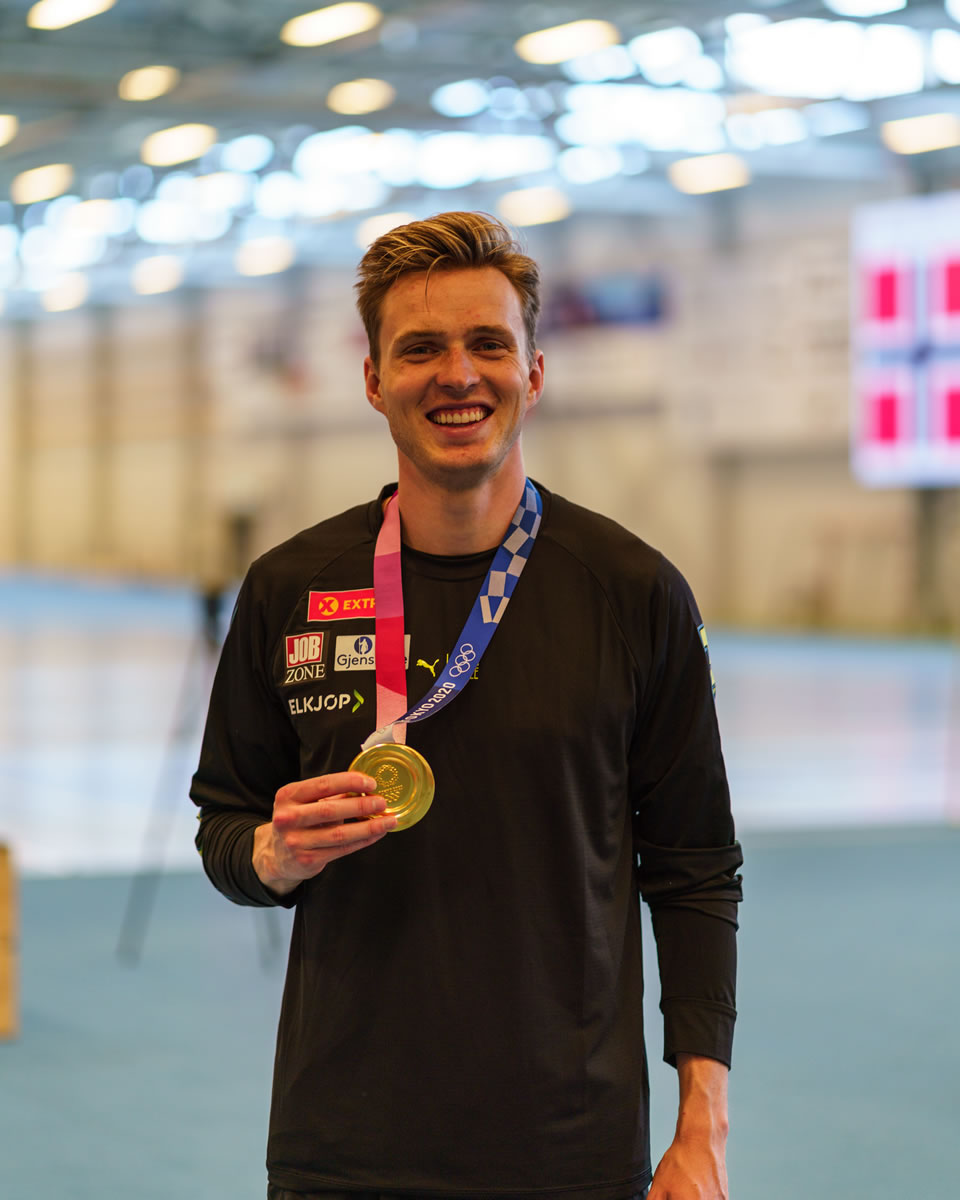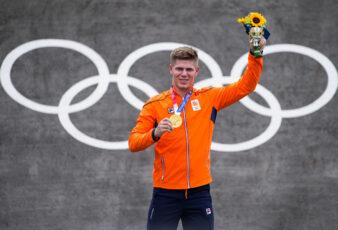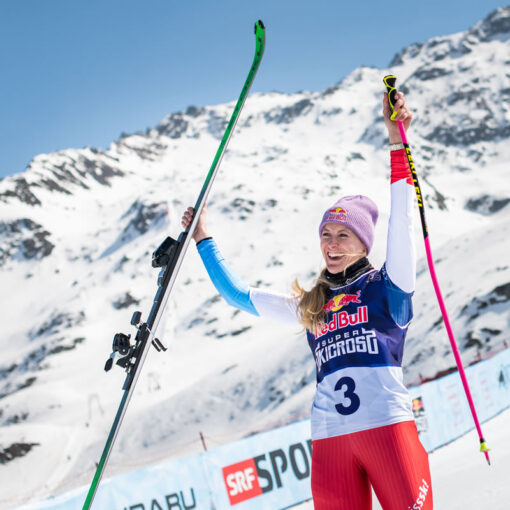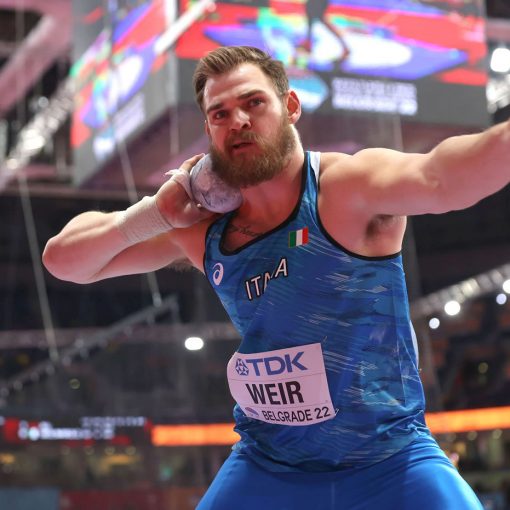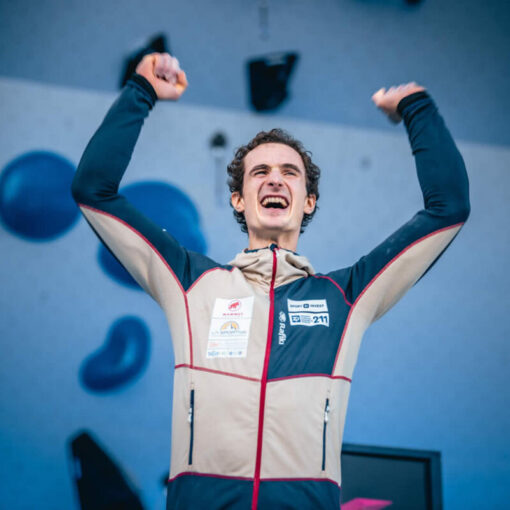At the start line of Tokyo's 400 hurdles, I felt invincible.
I was like an old Viking.
I was like my ancestors, like my conqueror ancestors.
Ready to set sail at sea, for war, for eternal fame.
I slap my thighs, slap my chest, my shoulders.
I slap my cheek, to stick to the present moment. To remember something to my body: that I was there, that we were there for a reason.
I consider myself smart enough to know that this could also be my sole chance at becoming an Olympic champion.
I hope it's not, but I can't exclude it.
I work hard so that there will be many more, starting from Paris, but no one can assure me that everything will always go according to plan.
Not even the work.

There are injuries, there are accidents, there are crises of conscience and there are opponents too, who do not care about you when they write their story.
And they're absolutely right to ignore you.
Because no one can promise anyone else that the new Usain Bolt won't exactly show up in your discipline.
Despair is a potent engine, and I clung to it with all my might.
On that block, I knew I wasn't the only one dreaming big.
I knew that many were aiming for my throne: from the first to the last lane, everyone had something to say, everyone would give up a lot, to run the race of their life.
I also knew that at least one of them, the American Rai Benjamin, had the World Record in his legs and that finishing below the 46:70 that I had run in Oslo one year earlier would not be enough to win the gold medal.
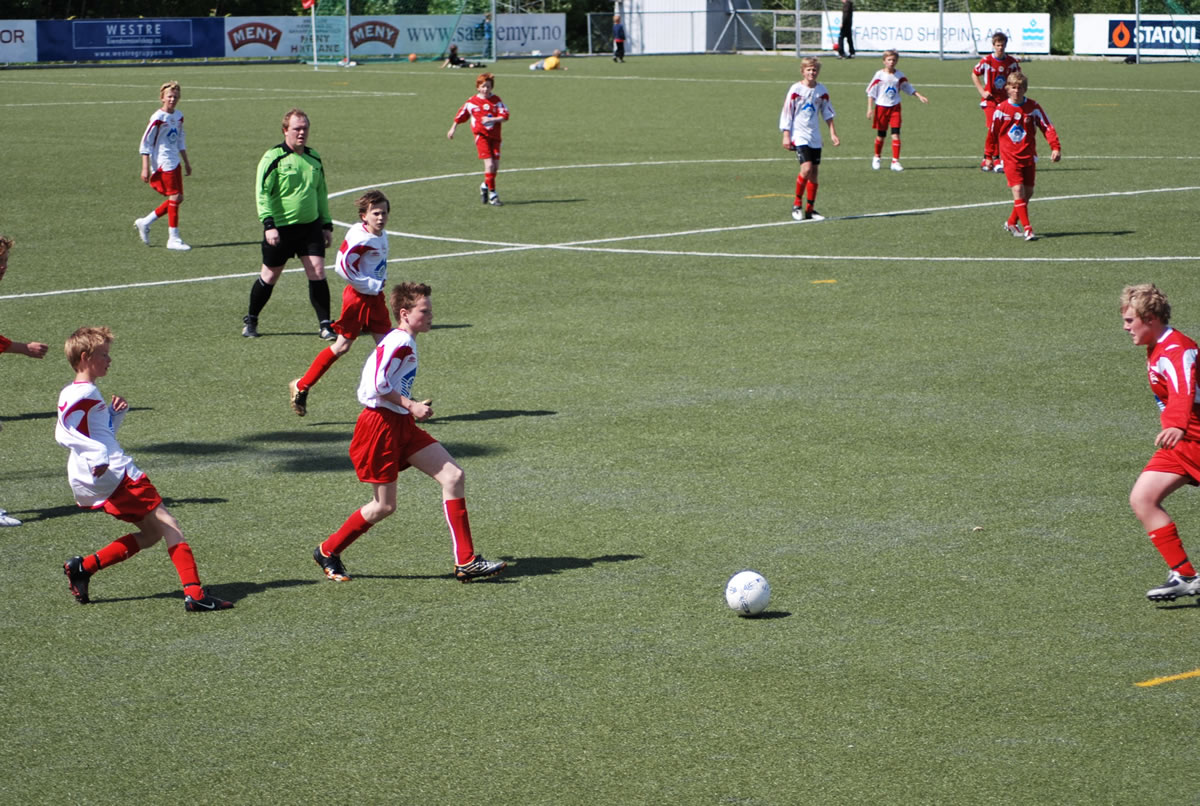
So I ran for my life.
I ran like someone was chasing me.
As if the future of an entire people depended on my legs.
I ran with the anger of a lonely man, even though I'm not.
With the arrogance of feeling the best, even if I didn't think I was.
With the hunger of someone who hasn't eaten in a long time, even if it wasn't true.
I lived a 400-meter-long Odyssey, where each athlete is born and dies at the end of every jump, without ever taking my eyes off the finish line.
Without looking around.
Without blinking.
Without thinking.
Without being anything.
Just wind, thirst, and light.
I didn't notice the empty stands, either before or after I arrived.
Yet that doesn't mean I wouldn't have liked to hear the roar of 80 thousand people at the finish line. It just means that that moment was mine, and no one else's.
Not even bystanders'.
Nothing would have made it bigger, nothing would have made it more important, because inside it already had all the meaning that my heart could conceive.
Or endure.
It was all already there, and I had brought it.
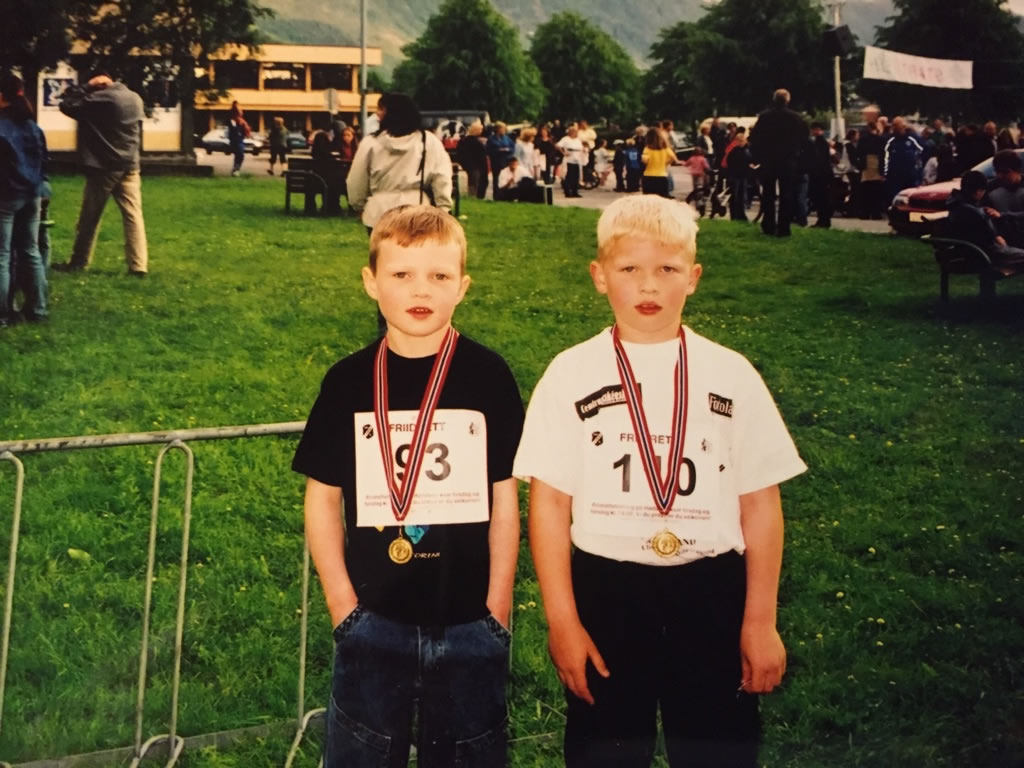
Seeing number 5 on the stopwatch was an extracorporeal experience, like seeing a UFO land on the track, but with the luck of having so many witnesses around me, because if I had done it alone, no one would have believed it.
A new, unexplored dimension.
So unexpected that you almost don't know what to do with it, apart from tearing your clothes off.
Winning and setting the World Record, was my dream.
Never had I dared to think of going under the 46 seconds wall, nor did I ever think it was possible to do so.
These are numbers that exist, and resist, precisely to provide an outline to athletics itself, a limit to your thought, an aspiration to those who work themselves to death, day after day.
9 seconds in the 100 meters, 19 in the 200, 2 meters and 45 centimeters in the high jump: these are ideals more than goals.
It's a zero-sum game, where everyone loses, except for History.
I can't actually say what kind of value others give to the 45.94 I ran in Tokio, but in the minute I lived past the finish line, they meant everything to me.
Today, I know that time is like a two-bladed sword.
Like a double truth, which is always true and which is never true.
Knowing that no one, ever, has run the 400 meters hurdles faster than that, gives a sense of fullness, of realization.
It makes me feel like I'm an inspiration, and for the right reasons.
For something that I have achieved.
On the other hand, however, I continue to live day by day within the bubble of sport, and in that bubble, feeling the fastest ever must be normal. It must be forgotten.
It must be an expression, nothing more.
A curiosity.
Because it can no longer be a motivation, maybe it never has been one. And in your everyday labor, you can only aspire to be the best version of yourself, whatever that means at that particular time.
Whoever you are, whatever your age.
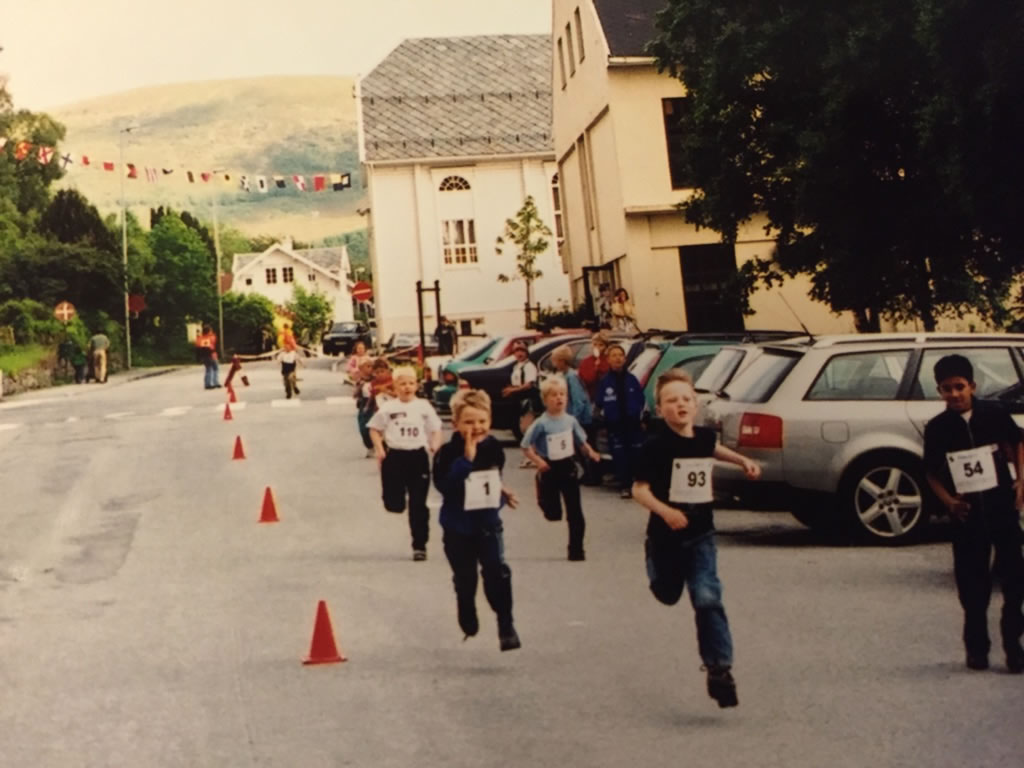
I remember when I was a child, and the two-bladed sword was another: that of my shyness. I grew up surrounded by adults, because besides my parents, with me there were always grandparents and my aunts and uncles.
The good and the bad: I soon developed some important qualities.
I learned to speak and move among grown-ups well before all my peers.
But I was also shy with the other children, unable to express all my creativity and ideas. I saw them as barbarians, as strangers.
At one time, my parents and I went on a vacation, and when they tried to leave me at a nursery school, they had to come back and pick me up in less than an hour, because I was traumatized by the nightmare of being among so many strangers.
A limit on which I have had to work patiently, to try and become who I wanted to become.
Athletics works the same way.
And it deserves the credit for giving me all the confidence I didn't have in me. After years spent playing football, one day, walking in the center of our city, I came across a small amateur competition.
Two or three hundred meters at most, to run in a circle, around the town hall.
I won.
I felt like I had never felt before.
And I began a journey that is not over yet.
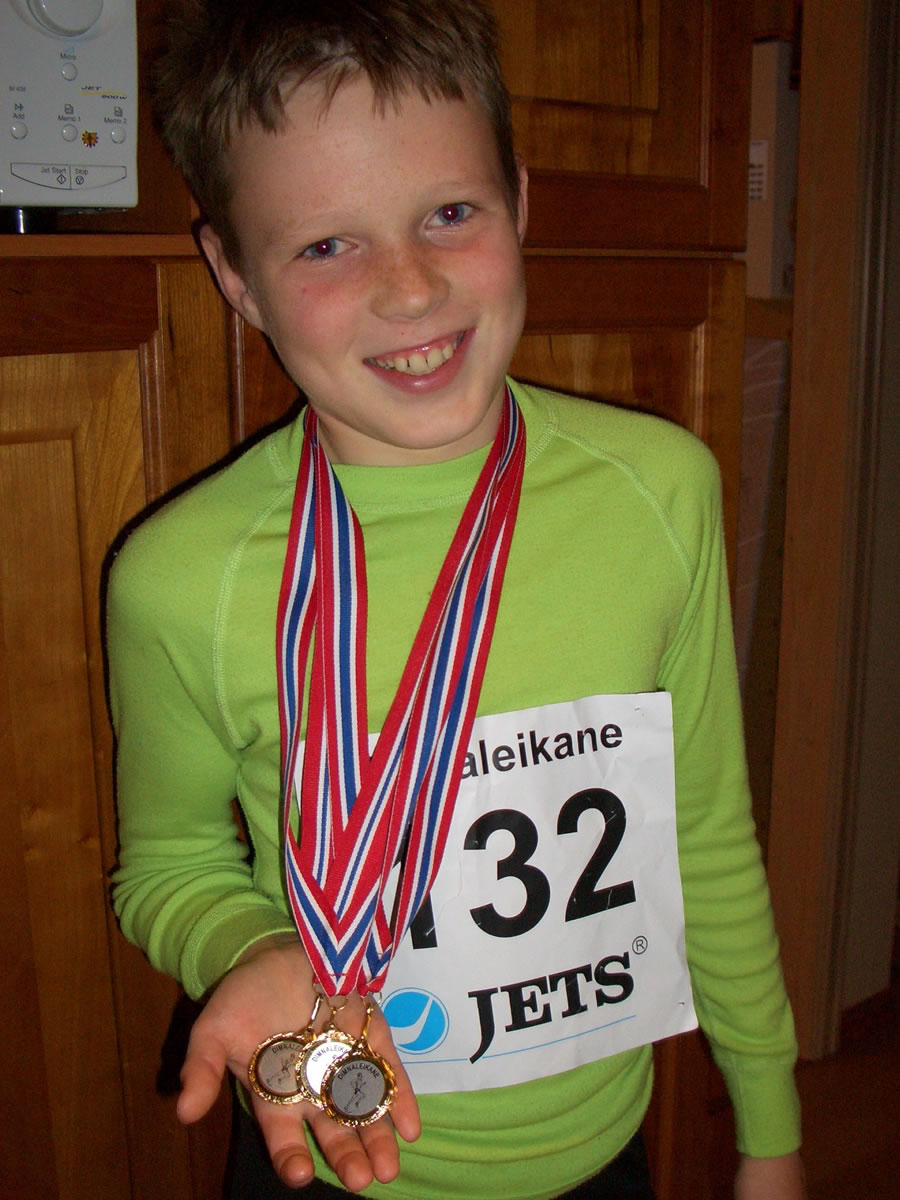
Little remains of my shyness.
Perhaps only that desire to observe others, a desire that all those who have long remained on the sidelines have. The desire to notice the details, to look for people's gazes, to figure out their thoughts.
Because there is a thin line between being and wanting to be and, in this context, sport is a shortcut.
In sports, credit goes to the man in the arena.
It goes to the one who is inside the stadium.
The one whose face is covered in sweat.
The one who fails again and again, right there for all to see, but who continues to come back, with enthusiasm and dedication.
Barely knowing why.
The one that works very hard for a cause.
The one who sacrifices themselves for a goal.
The Viking who sets sail for the open sea, fearless and with fire in his heart.
Karsten Warholm / Contributor


